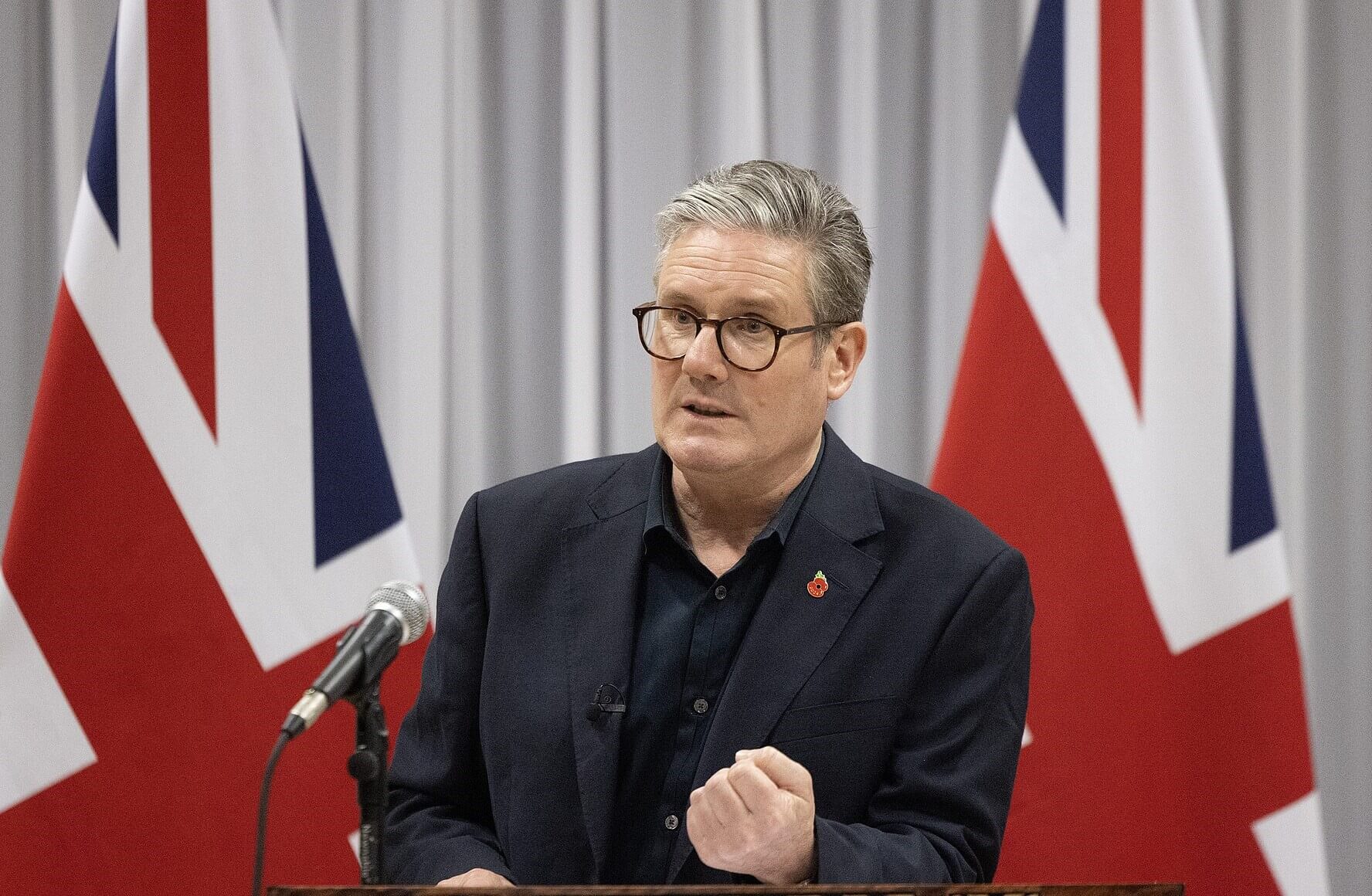Last month, the Labour Party announced that it has cancelled its national women’s conference and restricted all-women shortlists as it awaits full guidance from the equalities watchdog.
The conference was due to take place before Labour’s annual conference in Liverpool in September.
This follows interim advice from The Equality and Human Rights Commission (EHRC), which was published after the supreme court that the term “woman” in the Equality Act refers only to a biological woman. The EHRC’s interim advice suggested that voluntary organisations should apply that rule.
Guidance to the party’s governing body, the national executive committee (NEC), was that the party was at risk of a legal challenge if it went ahead with the conference.
Guidance to the NEC also advised that “all positive action measures relating to women in the party’s rules and procedures shall be interpreted on the basis of biological sex at birth. Guidance shall be issued to all party units and relevant stakeholders to this effect. The party will work with individuals and local parties affected by the judgment to resolve specific cases with sensitivity and compassion, acknowledging the significant effect the judgment will have had on many people.”
Cancellation of the conference is likely to be costly and the NEC document notes there are “impending contractual commitments for services in connection with the event that involve significant expenditure”.
The EHRC has confirmed that it will allow more time to consider its formal guidance on the supreme court ruling, meaning that the consultation will now take six weeks instead of two, closing at the end of June. The extended timeframe means that uncertainty for businesses, organisations and trans people is likely to persist over the summer because there is not enough time to lay the revised statutory code of practice before parliament for the required 40 days before recess begins.
So what could this mean for the wider events industry?
The cancellation of Labour’s national women’s conference, combined with the Equality and Human Rights Commission’s interim advice on the definition of “woman,” has sent ripples far beyond party politics.
As organisations await formal guidance, the implications for the wider events industry are becoming harder to ignore. From legal uncertainty around gender-specific events to potential contractual and reputational risks, event planners, venues and stakeholders may need to reassess how they approach inclusion, programming and compliance. With the EHRC consultation now extended, the events industry faces a summer of ambiguity – raising urgent questions about how best to navigate this evolving legal and social landscape.
Neil Hudson-Basing, community and events director at WE CREATE SPACE, a global diversity, equity and inclusion (DEI) consultancy and learning platform, said: “As with other knee-jerk decisions made by several institutions in their response to the Supreme Court Ruling & EHRC guidance, this decision feels too hastily pre-emptive from the Labour Party especially given there’s still months to go until it was due to take place. It only fuels the ridiculous sense of panic & divisiveness we’re seeing and further excludes Trans+ folk from politics.”
He continued: “It comes as no surprise given the Labour Party’s backpedaling when it comes to supporting the Trans+ community but let’s be clear, this is a massive blow to ALL women & progress for gender equality.”
In terms of what it could mean for the events industry he said: “Bringing it back to the events industry, I doubt event organisers will come to this conclusion when it comes to their events & I’d urge them not to follow suit. Be logical & rational. The guidance is confusing, non-sensical & exclusionary.”
He added: “It’s also not law. This doesn’t need to be an issue. Purposefully make it a non-issue and maintain your commitment & insistence on inclusion & belonging for all. Your events likely ran fine before this so-called ‘guidance’ came about without any issues & they will continue to do so.”
The Labour Party’s decision to cancel its national women’s conference has highlighted the growing tension between evolving legal interpretations and longstanding commitments to inclusion and representation.
For event organisers, the key challenge now lies in balancing legal caution with moral clarity. As Hudson-Basing points out, the current guidance is not law and there remains space for the industry to lead with empathy, purpose and a refusal to let fear dictate policy.
In a period of heightened uncertainty, reaffirming a commitment to inclusion may be the most powerful and stabilising response the industry can offer.















